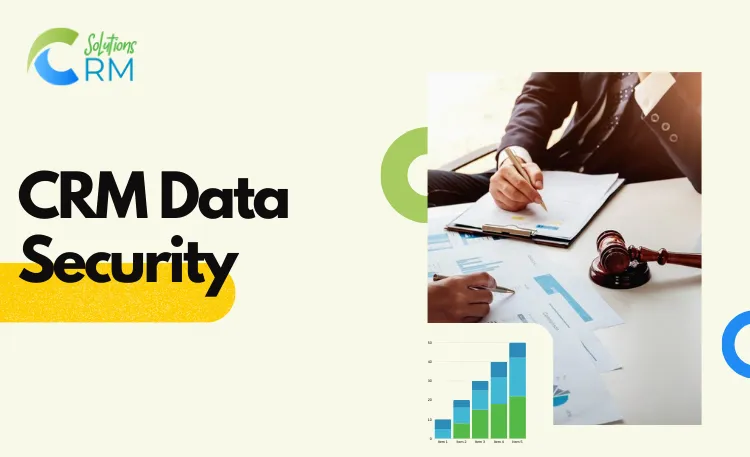In today’s data-driven world, businesses rely on Customer Relationship Management (CRM) systems to store and manage a treasure trove of customer information. While these systems are invaluable for enhancing customer relationships, they also raise significant concerns about data security. In this article, we’ll delve into the importance of CRM data security and explore the measures businesses can take to safeguard their customer information in the digital age.
The Value of Customer Data
First, let’s acknowledge why customer data is so valuable. It contains not only contact details but also insights into purchasing behavior, preferences, and interactions. This data is the lifeblood of marketing, sales, and customer service efforts, enabling businesses to deliver personalized experiences and build lasting relationships.
The Risks of Data Breaches
However, with great data comes great responsibility. The digital age has ushered in a new era of data breaches and cyber threats. The consequences of a data breach can be catastrophic, including financial losses, reputational damage, and legal liabilities. As such, protecting customer data within your CRM system is paramount.
CRM Data Security Measures
Here are some essential CRM data security measures that businesses can implement to keep customer information safe:
1. Access Control: Limit access to your CRM system only to authorized personnel. Implement strict user authentication and role-based access controls to ensure that employees can only access the data relevant to their roles.
2. Encryption: Encrypt data both in transit and at rest. This ensures that even if unauthorized users gain access to the data, it remains unreadable without the encryption key.
3. Regular Updates: Keep your CRM software and security protocols up-to-date. Software updates often include security patches that protect against known vulnerabilities.
4. Employee Training: Train your employees in data security best practices. Human error is a common cause of data breaches, so educating your staff about phishing, password hygiene, and other security concerns is crucial.
5. Data Backup: Regularly back up your CRM data to secure off-site locations. This ensures that, in the event of a breach or data loss, you can quickly recover your valuable customer information.
6. Vendor Security: If you’re using a cloud-based CRM solution, ensure that your CRM provider has robust security measures in place. Review their data security policies and certifications.
7. Incident Response Plan: Develop a comprehensive incident response plan in case of a data breach. Knowing how to react swiftly and effectively can minimize the damage and recovery time.
8. Compliance: Understand and adhere to relevant data protection regulations, such as GDPR or HIPAA, depending on your industry and customer base.
Conclusion
In a world where data breaches are a constant threat, securing customer information within your CRM system is not optional; it’s a responsibility. By implementing these CRM data security measures and fostering a culture of data security within your organization, you can protect your customers’ trust and your business’s reputation.
Remember, data security is an ongoing process. Regularly reassess and update your security measures to stay one step ahead of evolving threats in the digital age. Your customers will appreciate the effort, and your business will thrive as a result.




